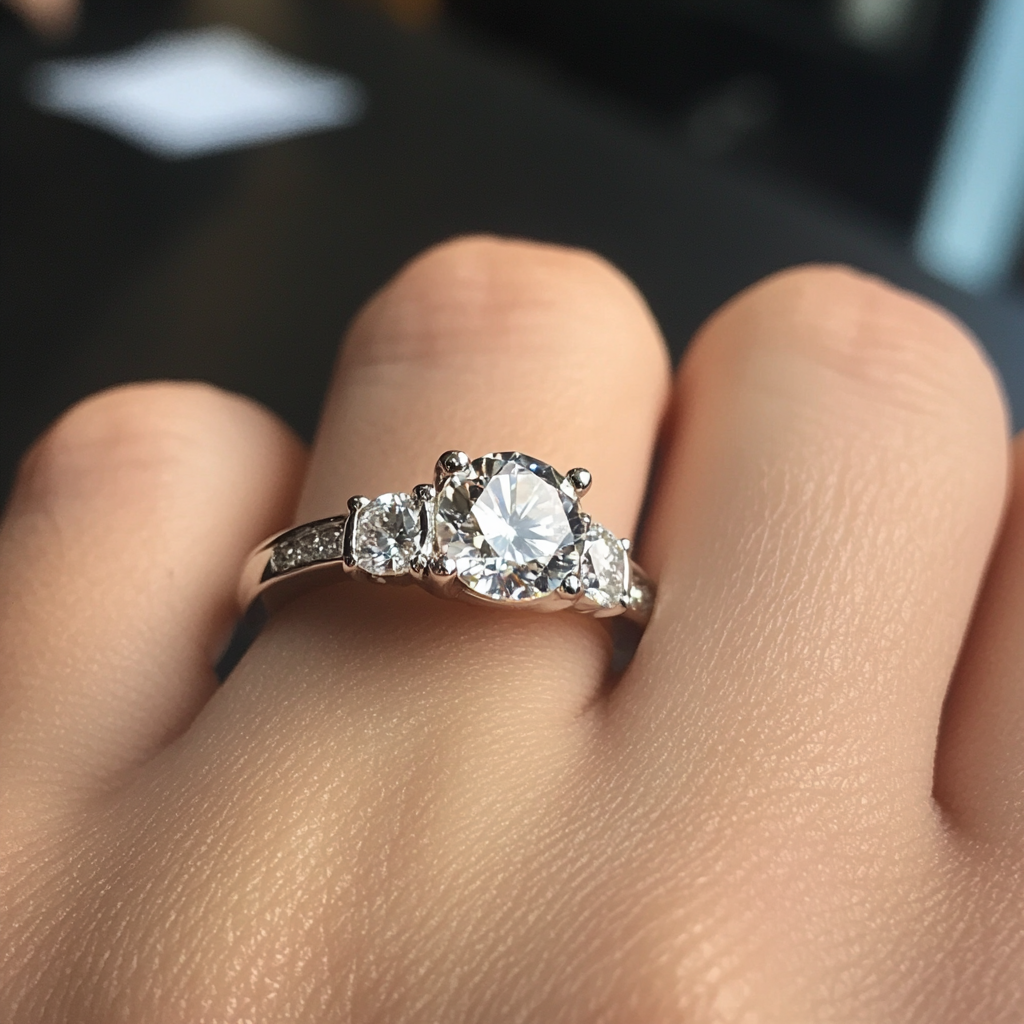Which begs the question F&I. Is clarity a non-issue because you cannot see it with the naked eye. What about cut as all diamonds look sparkly - well most, is it just that teeny weeny percent more light return, and what about color should we just stick with what looks white instead of categorizing it? I know there is big bucks to be made between a D and a H but aren't they white diamonds when looking at someone's hand or your own hand?
I would like strain to be a non-issue but am keeping my mind open as I know Rockdoc and the other experts here know a lot more than I do.
I would like strain to be a non-issue but am keeping my mind open as I know Rockdoc and the other experts here know a lot more than I do.












300x240.png)